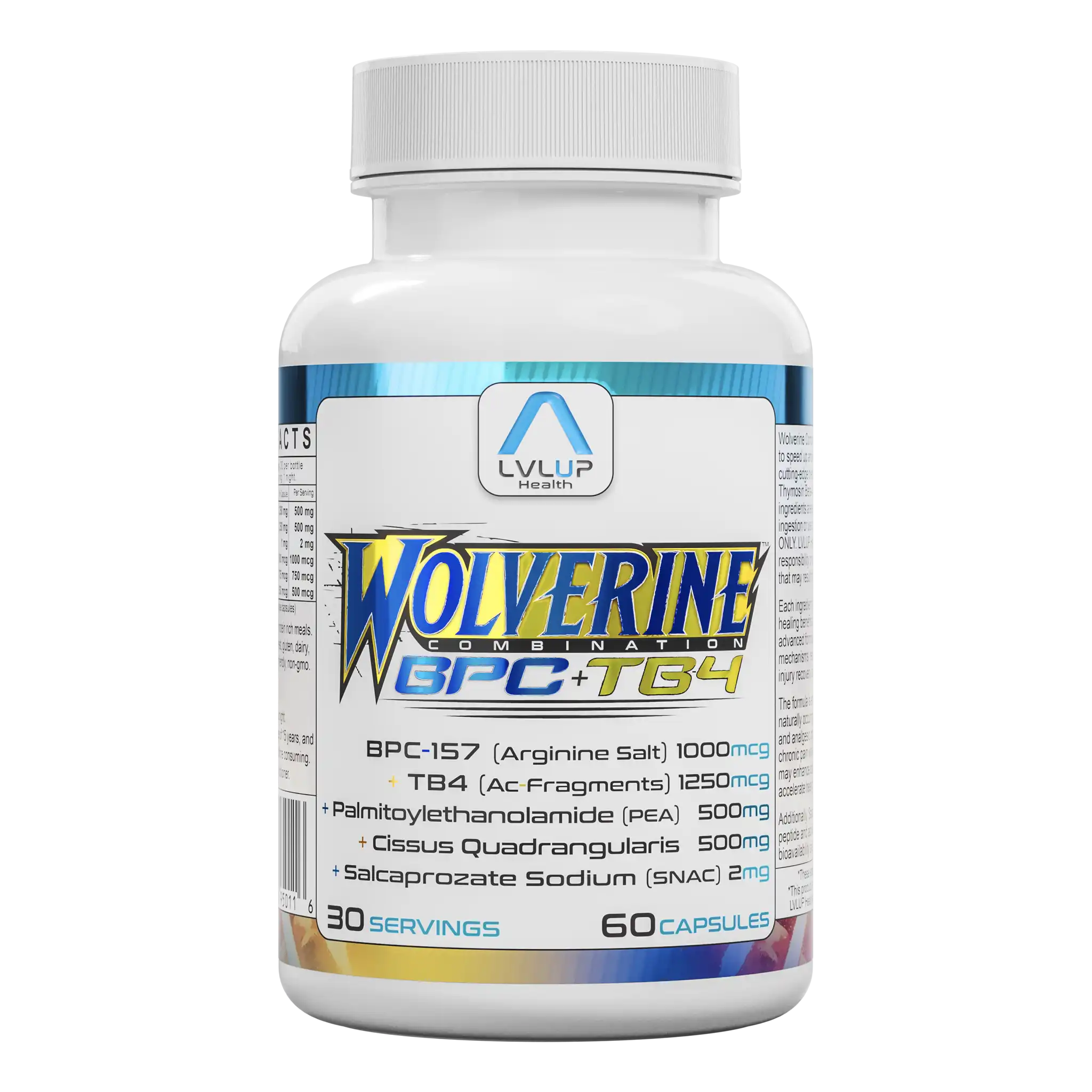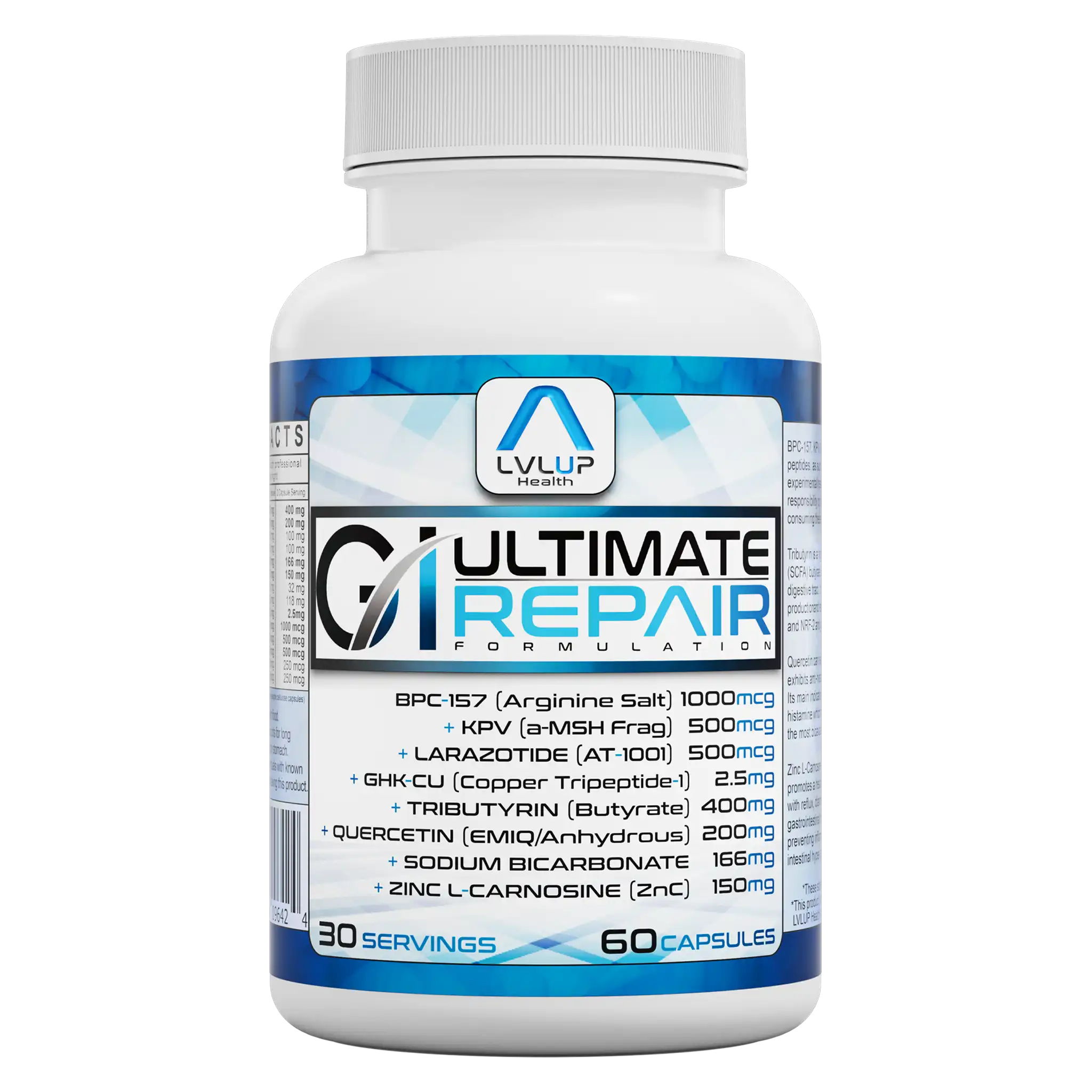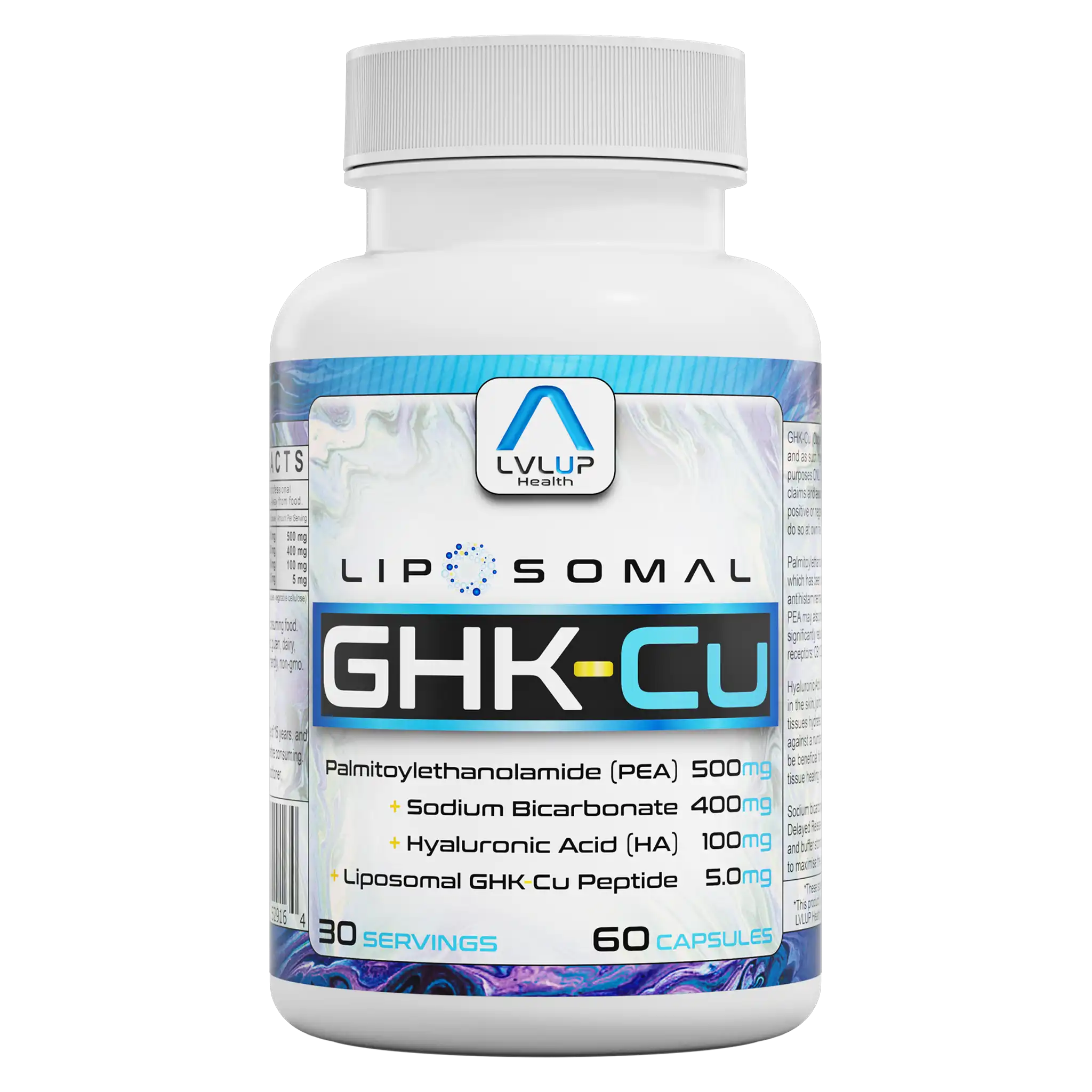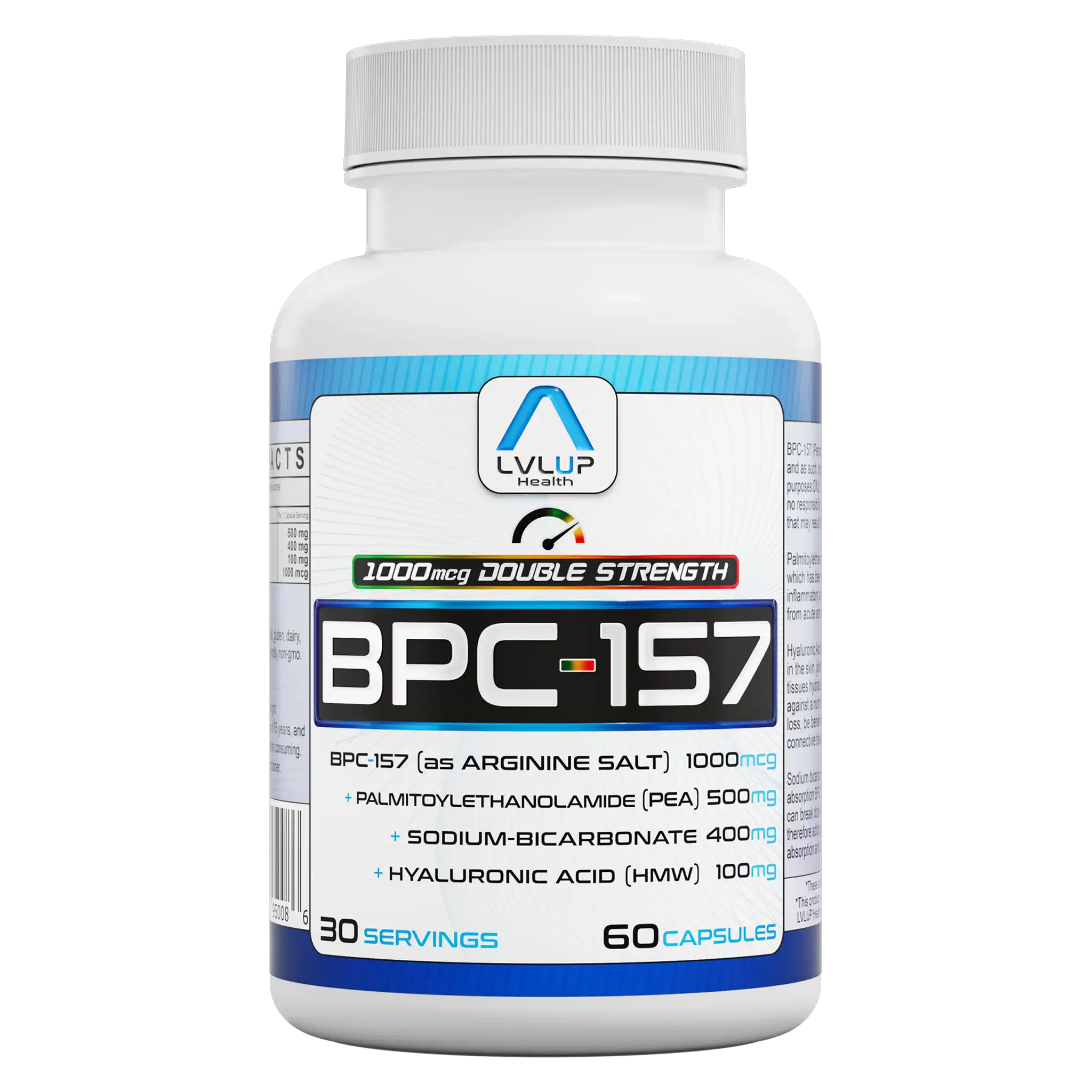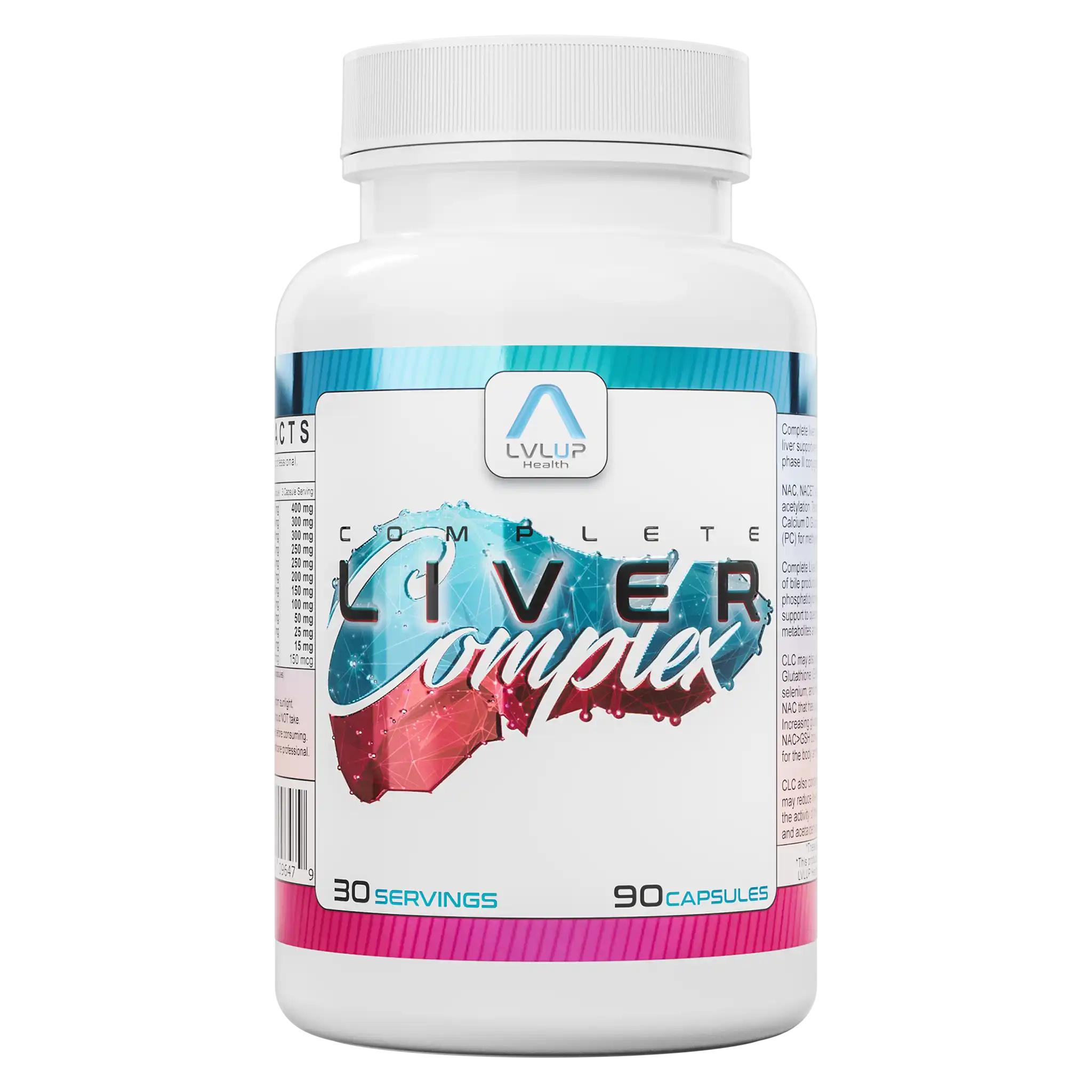Phosphatidylcholine
About Phosphatidylcholine
Key Component of Cell Membranes
Phosphatidylcholine is a type of phospholipid that forms the backbone of cell membranes. It acts like both the brick and mortar, ensuring cells maintain their structure while controlling the movement of substances in and out of cells. This structural role also helps cells communicate and remain resilient under stress.
Liver Support
In the liver, phosphatidylcholine is crucial for rebuilding cells and managing fats. It supports liver regeneration and protection from fatty liver conditions. It aids in shielding liver cells from damage, reducing inflammation, and clearing excess fat, especially after stressors like heavy meals or medication use.
Brain Functionality
Phosphatidylcholine is vital for brain health, acting as a precursor to acetylcholine, a neurotransmitter involved in memory and focus. It’s considered helpful for cognitive support and may contribute to mental clarity and long-term brain health by reducing inflammation.
Digestive Health
This nutrient facilitates the transformation of bile into an effective fat absorber, which is critical for breaking down dietary fats and absorbing fat-soluble vitamins like D or K. Without it, digestive discomfort may occur after consuming fatty meals.
Supplement Use
Phosphatidylcholine is included in specialized supplements like Complete Liver Complex, which targets liver conjugation, glutathione synthesis, bile flow, and hormone clearance.
Found In
Formulated With
Detailed Information
Role in Cellular Architecture
Phosphatidylcholine makes up 40–50% of cellular phospholipids in mammalian tissues. It’s crucial for membrane structure, fluidity, and signal transduction. It is synthesized via the CDP-choline pathway or the methylation of phosphatidylethanolamine. In the liver, it’s necessary for VLDL assembly, and a deficiency can lead to hepatic steatosis.
Hepatoprotective Effects
PC stabilizes membrane integrity during oxidative stress, reduces inflammatory signaling (notably via NF-κB inhibition), aids hepatic regeneration, reduces fat accumulation in liver models, and supports detoxification processes.
Neurological Benefits
In the brain, PC is a precursor for acetylcholine synthesis, with studies showing increased plasma choline levels after PC supplementation. It also exhibits anti-inflammatory properties, modulating microglial activation and supporting neuroprotective pathways against cognitive decline.
Gastrointestinal Functions
PC is crucial for micellar solubilization of dietary lipids in the gut and maintains mucosal barrier function, protecting enterocytes from bile acid toxicity during high-fat dietary exposure or cholestatic conditions.
